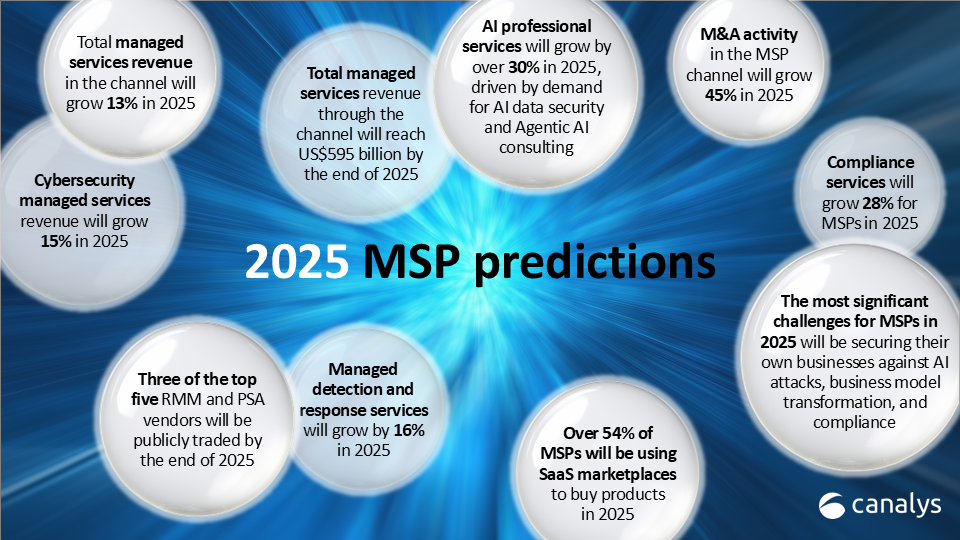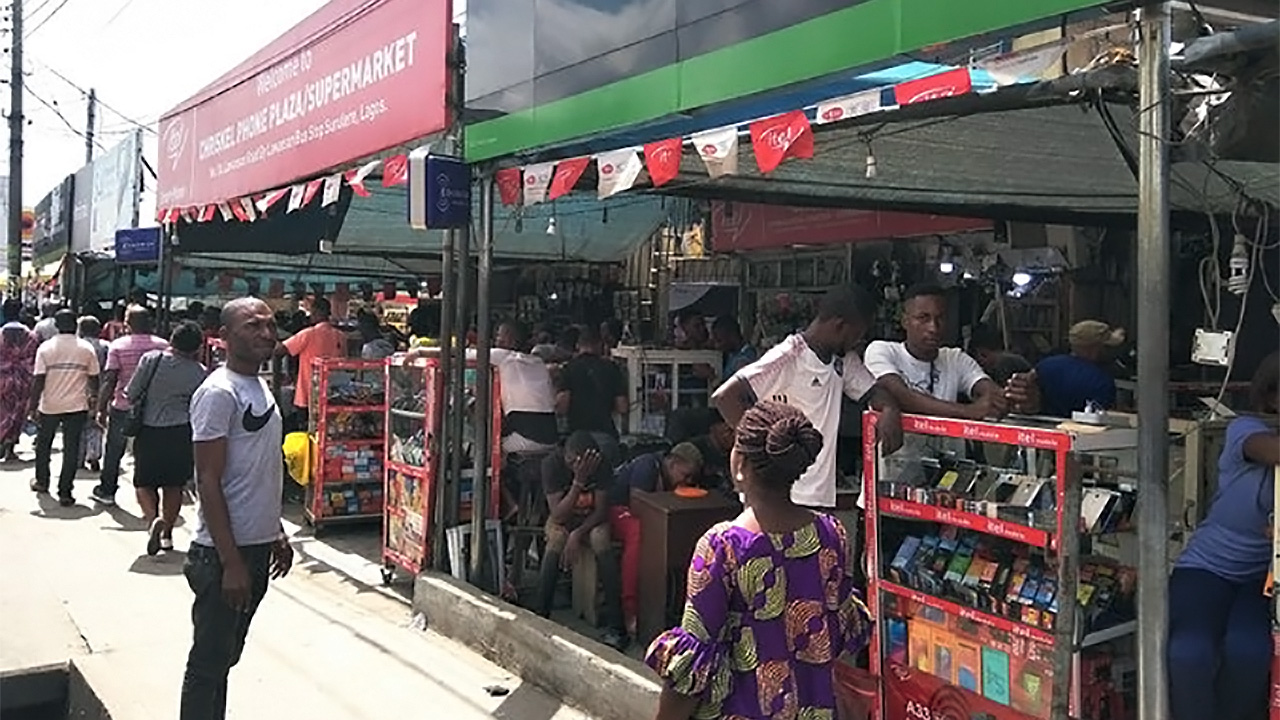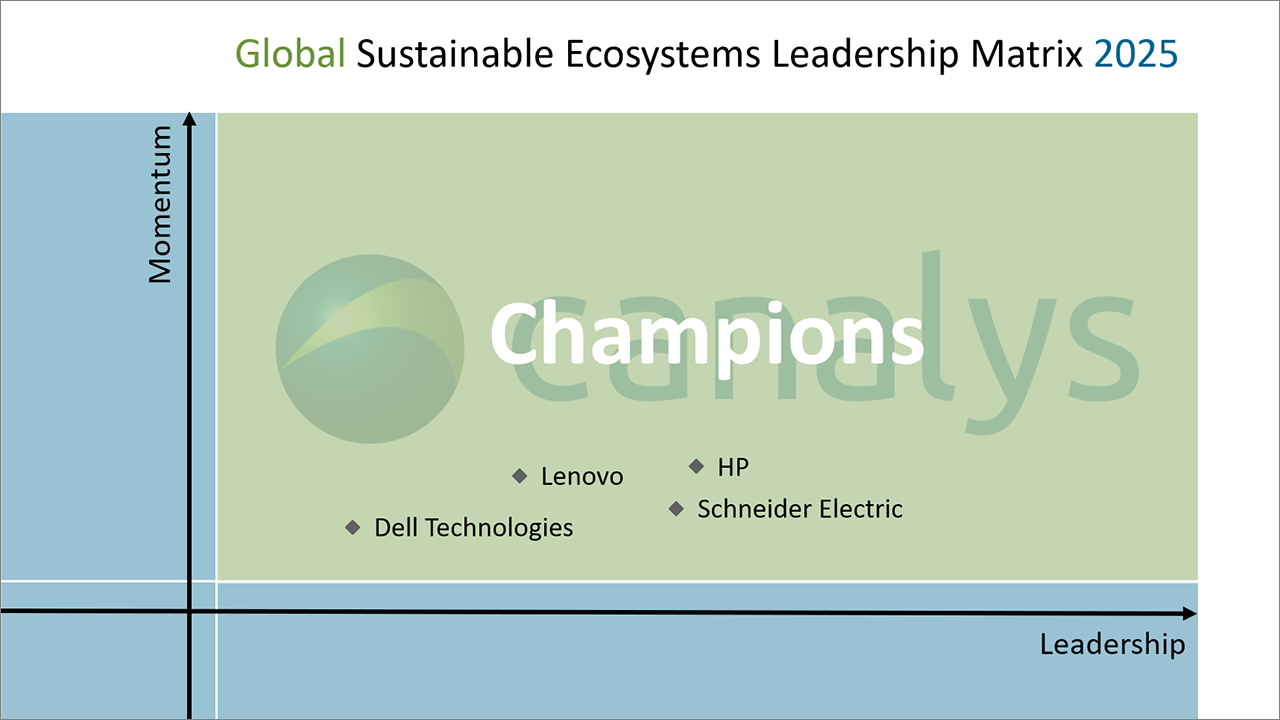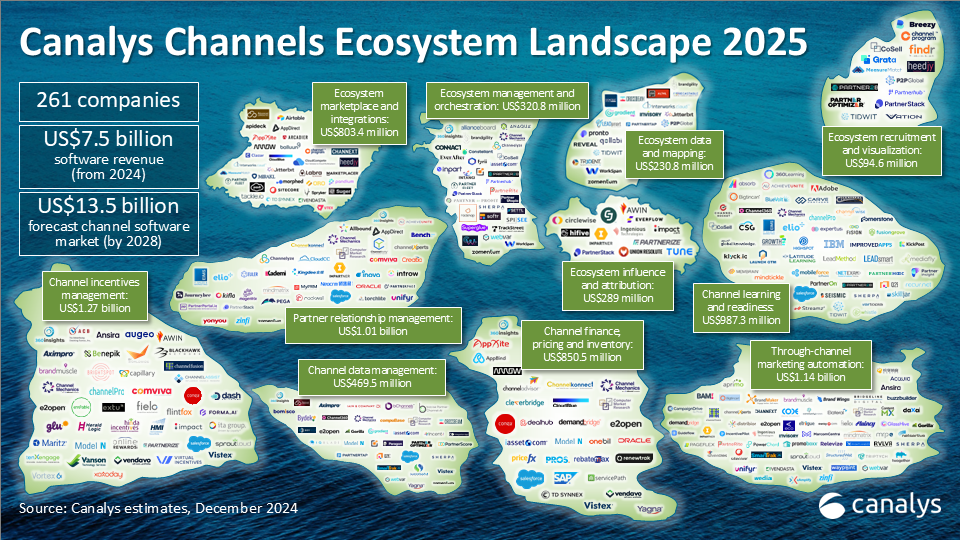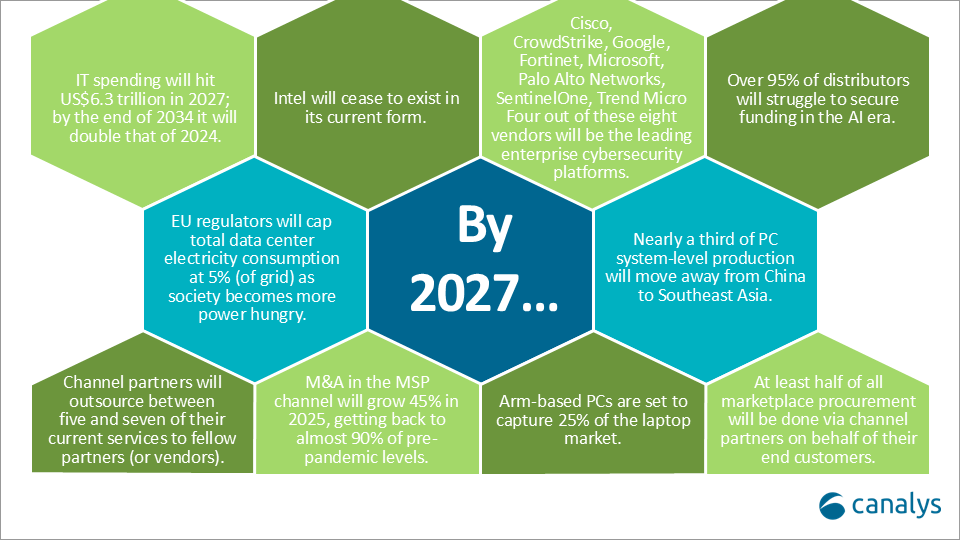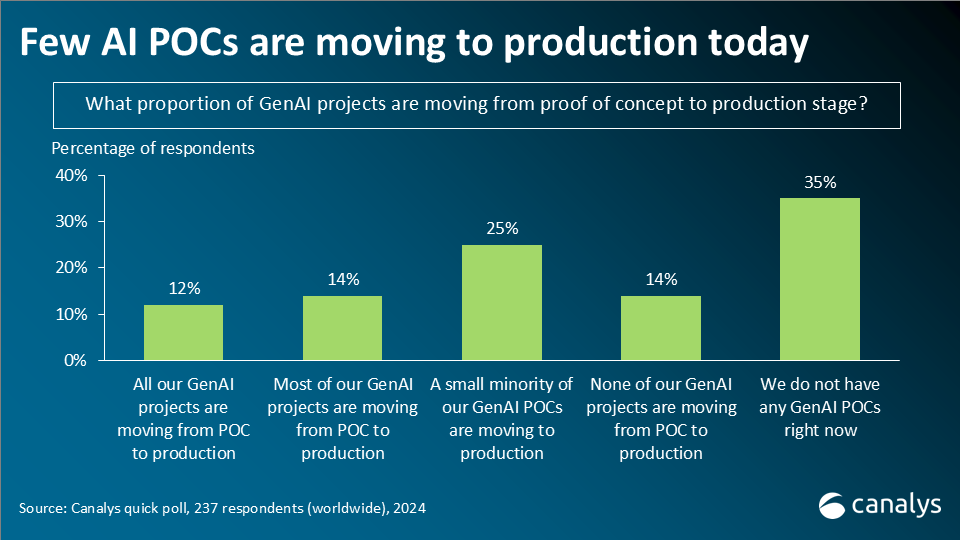Expanded Scale and Leadership in B2B: From R&D to ROI
With a combined permissioned audience of 50+ million professionals, TechTarget and Informa Tech’s digital businesses have come together to offer industry-leading, global solutions that enable vendors in enterprise technology and other key industry markets to accelerate their revenue growth at scale.
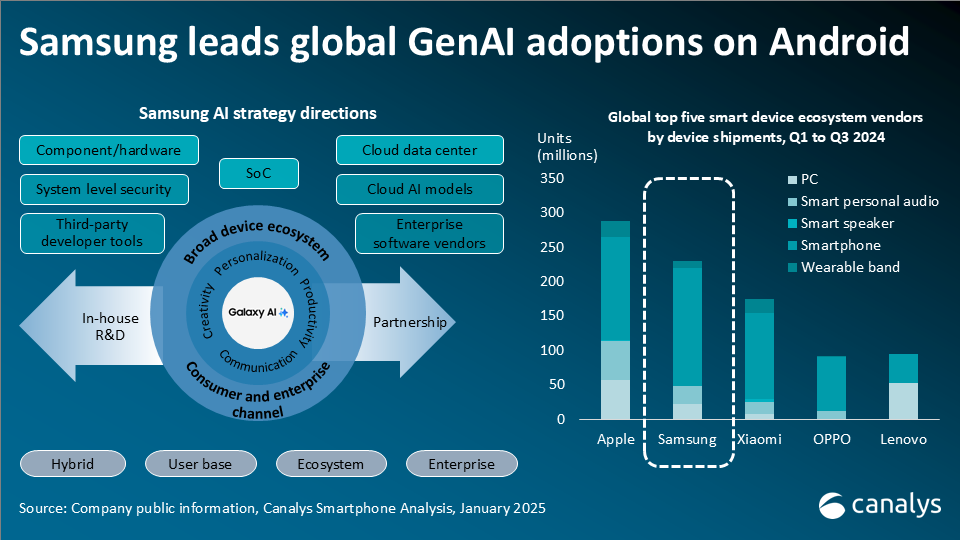
Samsung signals its future direction at Galaxy Unpacked 2025
At its first Galaxy Unpacked event this year, Samsung sent a clear message – it should no longer be viewed solely as a consumer hardware company. The emphasis on integrating AI into systems, UI and software signals Samsung’s future direction. It realizes that a challenging yet critical shift is coming – reducing hardware dependency and building more software and services capabilities. Samsung leads the hardware user base but must expand software innovation.

AI and software capabilities take front and center stage
At its first Galaxy Unpacked event this year, Samsung sent a clear message – it should no longer be viewed solely as a consumer hardware company. In contrast to last year’s event unveiling the S24, Samsung President TM Roh and Google DeepMind CEO Demis Hassabis kicked off this year’s Samsung Galaxy Unpacked by highlighting a deeper Samsung-Google partnership on AI capabilities for devices. Samsung executives gave a 30-minute demonstration of new AI features powered by Google’s Gemini, promising intuitive and personalized actions. The highlight was the Personal Data Engine developed by Samsung, which analyzes on-device data to adapt features to individual preferences and usage patterns. This enables contextual app suggestions, actionable searches and seamless app transitions for greater usability and efficiency.
The emphasis on integrating AI into systems, UI and software signals Samsung’s future direction. It realizes that a challenging yet critical shift is coming – reducing hardware dependency and building more software and services capabilities. Samsung leads in hardware user base but must expand software innovation. The AI capabilities may not yet be monetizable or be a key sales driver. However, Samsung is laying the foundations for a software-driven future.
Natural synergies bind Samsung and Google even closer
Many of Google Gemini’s latest features, such as Gemini Advanced and Gemini Live, will debut on the Galaxy S25 rather than Google’s own Pixel devices. Samsung and Google have natural synergies between hardware and software competencies, so it makes sense for them to continue building a strong long-term partnership.
One example where this synergy materialized with the Galaxy S25 is with Gemini Advanced. Costing around US$20 per month, Galaxy S25 users will get Gemini Advanced free for six months. This is a win-win for both companies – it provides an extra US$120 in perceived value for Galaxy S25 users and gives Google the potential to turn 40 million Galaxy S25 users into Gemini Advanced subscribers.
However, this arrangement has drawbacks. Providing Gemini Advanced free to so many users could devalue it for some people. For Samsung, tying its AI features so closely to Google may hinder its ability to create its own proprietary AI software suite.
Deepened partnership with Qualcomm for flagship silicon needs
Qualcomm, as the exclusive silicon partner for Samsung’s premium S25 range, is also in the news. Samsung emphasized its deep partnership with Qualcomm, allowing a range of customization of the Snapdragon 8 Elite for the Galaxy chipset. This is critical for enabling many new software solutions on the Galaxy S25. For example, the chipset is optimized for the Galaxy display, enhancing image quality and power efficiency, including sharper low-light video capture.
However, excluding Exynos from the Galaxy S25 (which was in the S24) raises concerns about Samsung’s decades of in-house SoC investments. Samsung hopes to strategically leverage its ability to vertically integrate the Exynos SoC with its own hardware ecosystem (displays, memory, cameras and others). But Samsung’s in-house semiconductor strategy remains an Achilles heel. The most powerful consumer electronics company still has limited control over its AI hardware roadmap, relying on external parties for its most cutting-edge devices.
Leveraging the device ecosystem is increasingly important
Samsung’s past investments in businesses such as Knox, Smart Things and Samsung Health are starting to come together as one holistic solution. One practical example is how Samsung Health can adjust the air-conditioner temperature based on your sleep pattern or switch off the television when you fall asleep. This integration across multiple devices is made possible through Smart Things. With the infusion of AI, we can expect more companies this year, not just Samsung, to invest more in smart home areas, providing more intuitive solutions across all IoT products.
Outlook and forecast
Canalys and Omdia forecasts predict shipments of less than 40 million units for the S25, similar to last year’s Galaxy S24. While the hardware-improved standard S25 model is expected to see a mild shipment increase over the previous version, the Plus model shipments are expected to remain flat or decline slightly due to reduced distinction from the standard model compared with previous generations. The Ultra model is forecast to account for 47% of total S25 series shipments, a slightly lower share than its predecessor.
Samsung’s ability to expand its premium user base through the Galaxy S series is of vital strategic importance for long-term leadership. Premium device users have a higher propensity to spend and are highly valued by online marketers and internet service providers. Capturing more of this premium segment allows Samsung to better position itself to generate lucrative high-margin revenue from Internet services.
